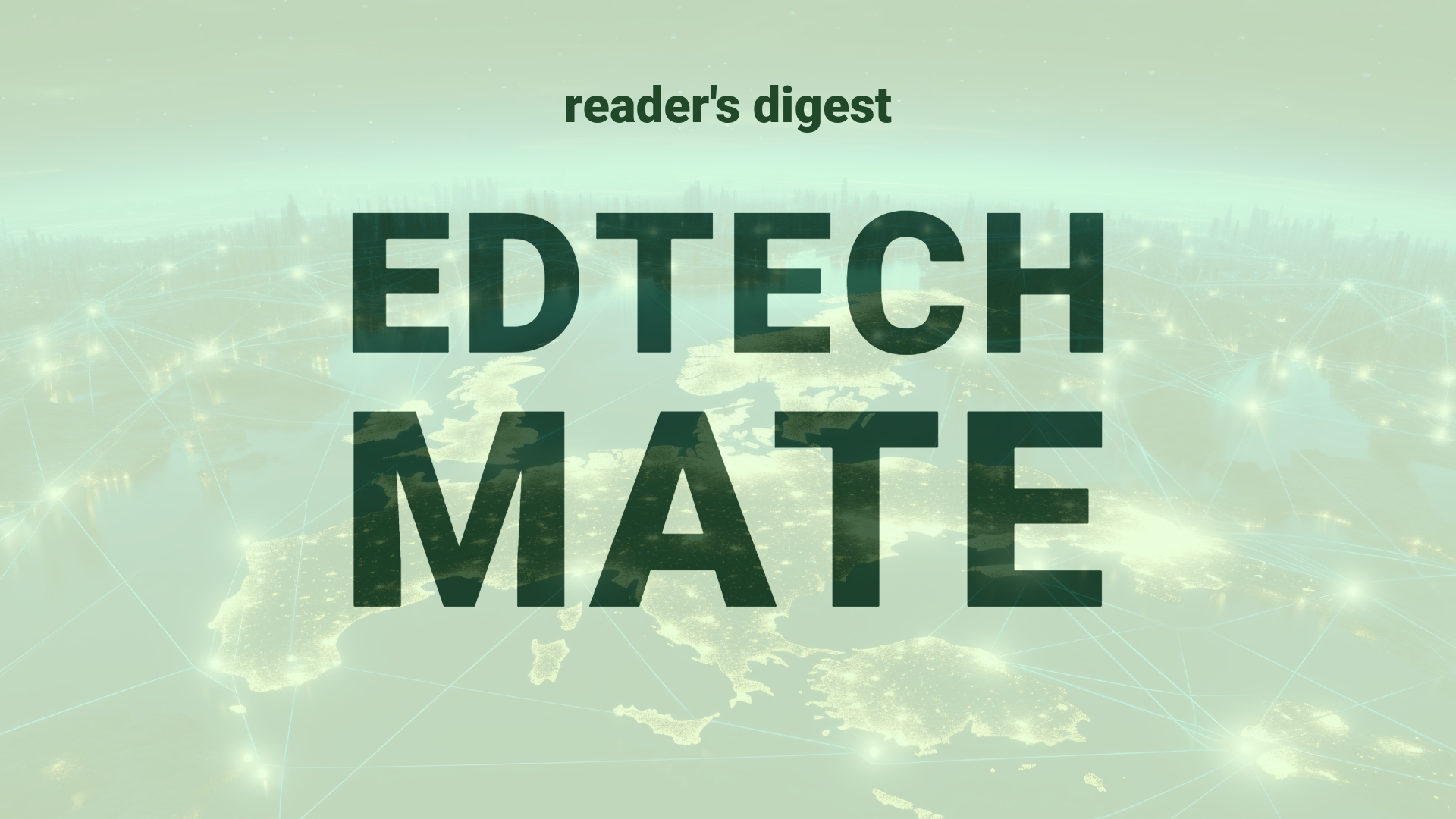“`html
Executive Summary and Main Points
Emerging technology companies are fostering innovation within the academic sphere by introducing applications designed to streamline research processes and enhance academic writing. Services like Paper Digest leverage artificial intelligence (AI) to summarize large academic articles, offering researchers a swift assessment of literature. Tools such as Rightful accelerate the enhancement of academic writing by incorporating vast quantities of scholarly work into their machine-learning algorithms. Other platforms, like Penelope.ai, evaluate manuscripts against journal requirements to avoid common submission errors. Additionally, Litmaps provides a visual interface to navigate the landscape of literature and citations. In the realm of data presentation, BioRender offers a ‘Canva for science’, facilitating the creation of professional biological imagery. Otlet.io enables the sharing of biological samples among researchers, encouraging global collaboration. Lastly, the science communication platform, GrowKudos.com, assists researchers in disseminating their work effectively to a wider audience.
Potential Impact in the Education Sector
These developments could substantially impact Further and Higher Education by integrating AI and machine learning tools into the curriculum and research methodologies. Students and faculty alike may benefit from improved access to literature summaries and enhanced writing aids, thus fostering critical thinking and better research practices. The adoption of these tools may also augment the offering and recognition of Micro-credentials by promoting detailed academic mastery and efficient skill-building. Digitalization and strategic partnerships with these tech innovators have the potential to elevate academic quality and global research collaboration.
Potential Applicability in the Education Sector
The innovative applications mentioned can transform global higher education systems. AI-powered summarization tools like Paper Digest can serve as an aid for rapid literature review in graduate seminars. Rightful can support academic writing development in English language learning centers. Penelope.ai can be a critical asset for research methodology courses, teaching students about publication standards. Visualization tools like Litmaps may be integrated into research methodology workshops. BioRender’s capabilities can enhance both learning and communication in biological sciences courses. Otlet.io’s sample sharing platform could be a case study in shared economy models within educational settings. Platforms like GrowKudos.com expand the conversation about science communication, opening new avenues for interdisciplinary courses.
Criticism and Potential Shortfalls
Critically, while these applications show promise, there are potential caveats. Reliance on AI for summarization could inadvertently cause researchers to overlook nuances in academic literature. The accuracy of writing enhancement tools like Rightful might vary across disciplines due to different stylistic and terminological conventions. The effectiveness of tools like Penelope.ai can be limited if journals frequently change formatting requirements. Litmaps’ heavy reliance on visualization might not cater to different cognitive learning styles. Diversity in illustrative examples in BioRender could be insufficient for certain niche fields. Otlet.io’s sample sharing presupposes a culture of openness and trust that may not exist universally. Additionally, there may be ethical and cultural implications of unfair access due to disparities in resource availability. Utilizing GrowKudos.com requires ongoing commitment to science communication which is often undervalued in the academic reward culture.
Actionable Recommendations
For implementing these technologies, educational institutions should consider creating training workshops on these tools for both students and faculty. Partnerships with these companies could facilitate custom integrations into institutions’ existing digital ecosystems. Policy development should encourage ethical usage of AI tools and promote diversity and accessibility. Pilot programs could be established to determine the most beneficial applications across different disciplines. Strategic investments should be made in platforms that align with the institution’s commitment to improving research dissemination and collaboration. Furthermore, recognition systems could be instituted to reward proper communication of research findings, aligning with tools like GrowKudos.com. An incremental, feedback-driven approach to the introduction of these technologies is recommended to measure impact and adjust methodologies accordingly.
“`Only stick to the instructions I gave you above, nothing else.

